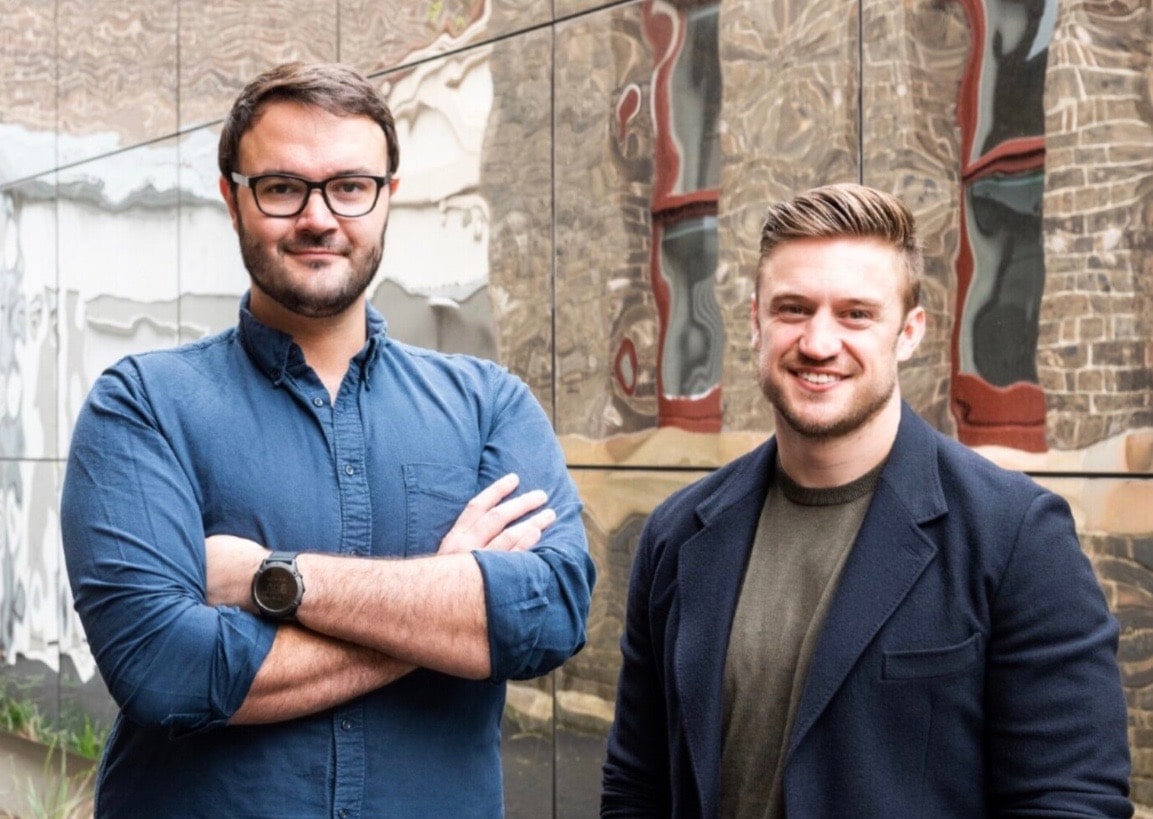Distributed Energy Resources (DER) technology company UPowr Pty Ltd (UPowr) has landed a $446,000 grant from the Australian Renewable Energy Agency (ARENA) for a project designed to explore how consumer experience and feedback can be reconstituted into the design of DER orchestration initiatives.
DER orchestration programs are those which help make things like virtual power plants (VPPs) possible. The orchestrate distributed systems such as rooftop solar and storage via behind-the-meter assets for better efficiency and optimisation.
Upowr is using its own digital platform for DER orchestration in a $943,155 project open to rooftop solar customers in Victoria (VIC), New South Wales (NSW) and potentially Queensland (QLD) and South Australia (SA) who are interested in adding an energy storage system to their solar fit-out.
The project will then use behavioural science to follow participants with the ultimate aim of developing a customer segmentation framework for the tailoring of unique DER offerings. Based on how these participating customers interact with their systems, what value they get out of them, what they feel lacks and what insights they provide on the journey as a whole.
It is hoped that the trial will provide a strong business case for customer insights in the modelling and design of DER products and, ultimately, the more widespread uptake of DER products.
According to UPowr CEO and co-founder Stu Philpot, “residential solar has created challenges for the industry. But the way it’s currently being addressed – by reducing feed-in-tariffs, export limits and external ‘shut-down’ requirements, is not creating value for the customers who have installed solar.”
“Batteries that are part of an orchestration program,” continued Philpot, “optimised to do the right thing by the customer and the grid, can solve these challenges and still ensure that customers get value. Our challenge is to do more in making these programs aligned to customer values to encourage and incentivise more people to participate.”
UPowr CCO Kiya Taylor added that the industry needed to stop focusing on physical products and start focusing on the “problems we’re solving and the value we’re creating for each customer who might buy one of these products. This is an opportunity to reframe the value proposition, the words we use and the stories we tell as an industry.”
ARENA CEO Darren Miller said that knowledge of consumer preference is vital for the future design of DER initiatives like VPPs, especially in Australia, the world-leading market for rooftop solar penetration.
“Despite our record-breaking solar installations, only 73,000 household batteries have been installed alongside them to store solar energy and dispatch it later,” said Miller, and “It is estimated that only 10% of these batteries are controlled by energy providers including retailers, aggregators and networks who can optimise the charging and discharging of batteries, so it’s vital that we continue to find ways to incentivise customers to join these programs.”
“As DER will play an increasingly important role in our electricity grid,” Miller continued, “we need to put consumers at the centre as it is their behind-the-meter assets including rooftop solar, home batteries, electric vehicles, smart appliances and home energy management systems that will be crucial to scaling up VPPs and demand response.”
The trial, which begins in April 2021 and consists of three phases, is expected to last until February 2022.
This content is protected by copyright and may not be reused. If you want to cooperate with us and would like to reuse some of our content, please contact: editors@pv-magazine.com.









By submitting this form you agree to pv magazine using your data for the purposes of publishing your comment.
Your personal data will only be disclosed or otherwise transmitted to third parties for the purposes of spam filtering or if this is necessary for technical maintenance of the website. Any other transfer to third parties will not take place unless this is justified on the basis of applicable data protection regulations or if pv magazine is legally obliged to do so.
You may revoke this consent at any time with effect for the future, in which case your personal data will be deleted immediately. Otherwise, your data will be deleted if pv magazine has processed your request or the purpose of data storage is fulfilled.
Further information on data privacy can be found in our Data Protection Policy.